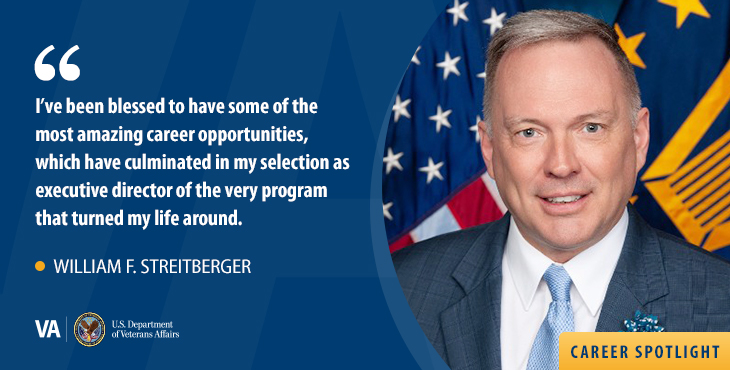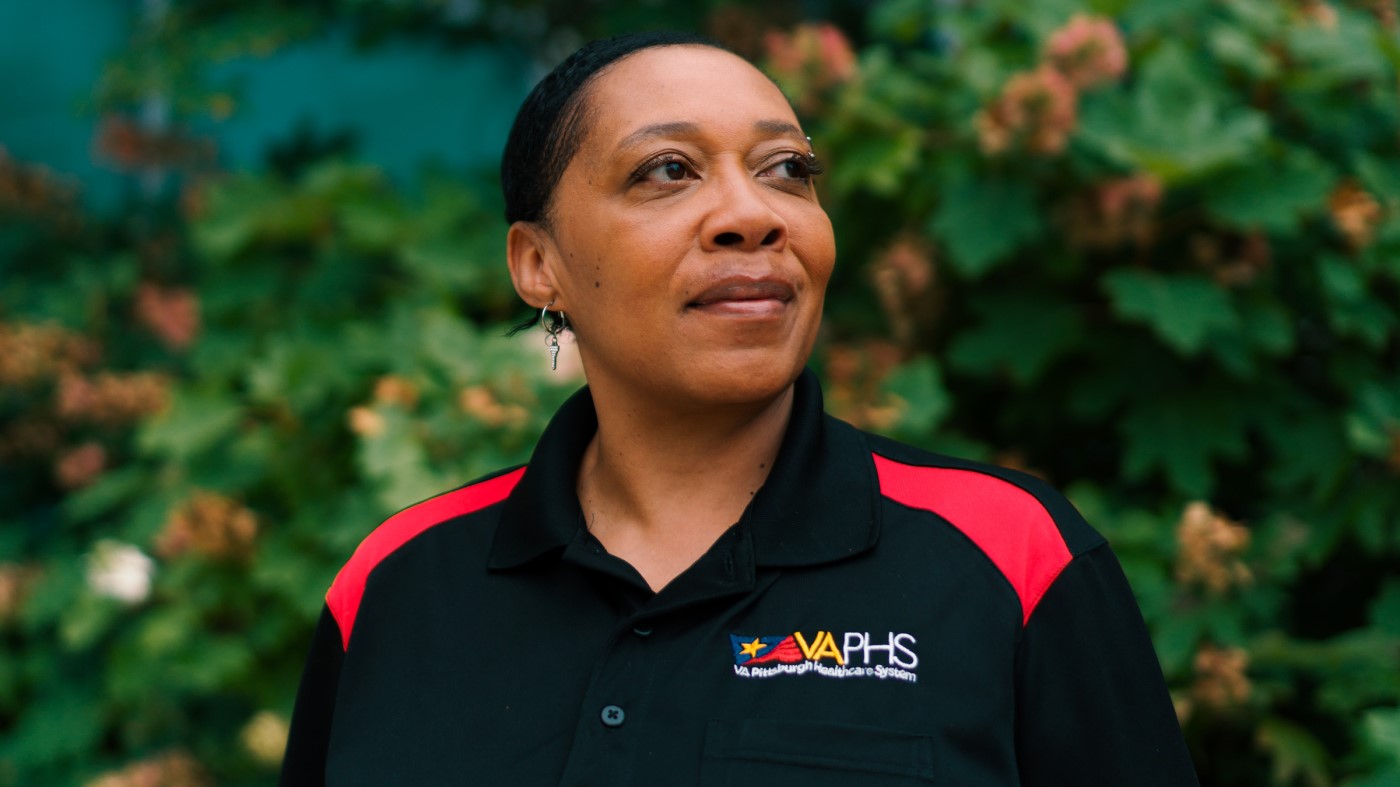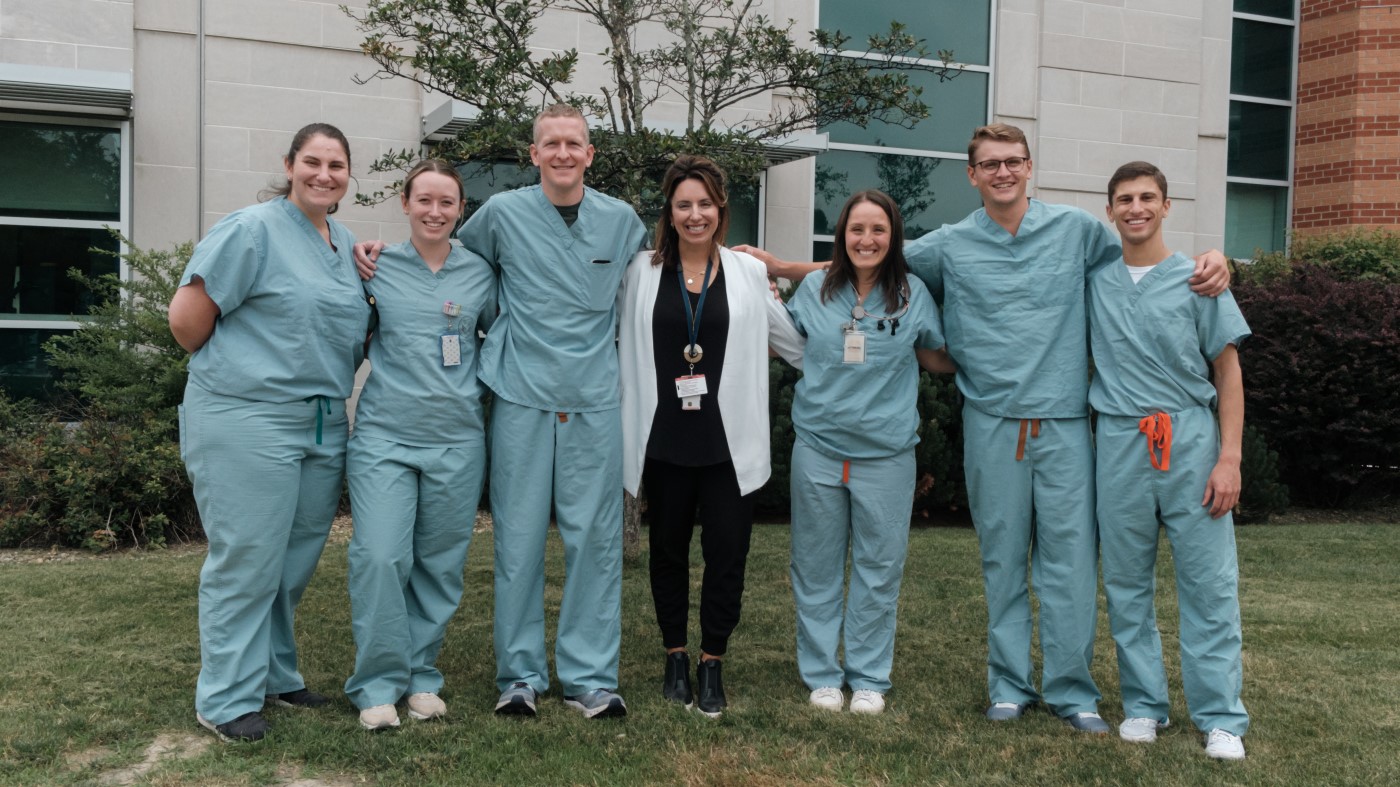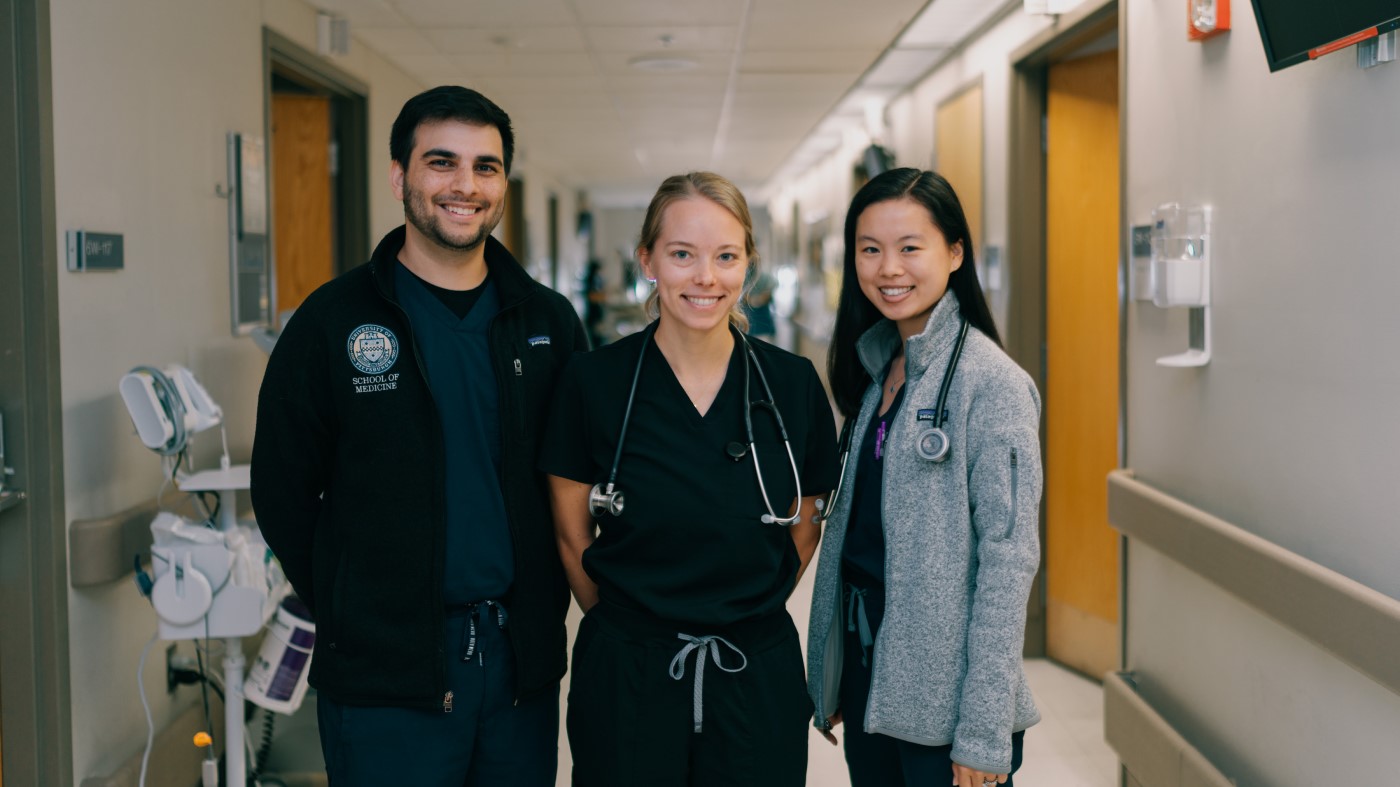William F. Streitberger is a staunch supporter of the Vocational Rehabilitation and Employment (VR&E) program at the Veterans Benefits Administration (VBA). That’s because he knows it works. Streitberger enrolled in the program in 2002 when his career plummeted in the aftermath of 9/11. Today, he’s the program’s executive director.
The VR&E program helps Veterans and transitioning service members with service-connected disabilities and barriers to employment prepare for, find and maintain suitable employment. The program’s 1,600 employees serve about 125,000 eligible service members, Veterans and family members annually at more than 350 locations, including Guam and the Philippines.
VR&E includes the Vet Success on Campus (VSOC) program, which supports VR&E program services by helping Veterans choose an educational path in college that will lead to successful employment.
In this installment of our #ChooseVA Careers blog series, Streitberger explains how the program helps transitioning service members and Veterans find jobs. He also shares how his prior professional experience positioned him to assume VR&E’s top post.
What are some of your day-to-day duties as executive director of the VR&E program?
I am responsible for executive leadership, strategic planning, visioning and change management. We’re going through a modernization of our people and process and technology infrastructure. I’m responsible for that and for providing operations management to our field offices. I communicate with the field on a daily basis.
Describe your areas of specialty and how you apply your previous experience to your current position serving Veterans.
I have a really unique background for this job: I’m a Veteran with a disability who went through the VR&E program myself. I began participating in the program in 2002 and then later became a program coordinator at the VA Chicago regional office. After a couple of years in the field, I joined the VA central office, where I worked on policy procedure and change management issues. I also worked in several other regional offices, learning how to administer this program on the front lines. I bring all this knowledge and perspective into the work I do now, which supports daily operations and helps shape the future of our program.
How does the VR&E program help eligible service members and Veterans prepare for, obtain and maintain suitable employment?
VR&E starts with a thorough assessment of participants’ interests, aptitudes and abilities. Next, we conduct an evaluation and planning phase. Here, our counselors consider the various options Veterans show interested in pursuing. Participants then set out on a course of college education, on-the-job training, vocational training or other types of readiness programs (certification, short-term training program) to help them become employable.
Once deemed job-ready, participants are entitled to up to 18 months of employment services, which include job seeking and interviewing skills, resume writing, dress for success — all the things needed to find and obtain a position. The program also provides workplace adjustments, reasonable accommodations, tax credits and special employer incentives to ensure participants are successful after they onboard with an employer. We then follow up a year later to ensure their employment is stable. Veterans can take advantage of the program more than once.
How does VR&E’s Veterans Success on Campus (VSOC) program help Veterans find jobs?
VSOC provides educational and vocational guidance and counseling but does not necessarily help Veterans find a job. Our employment coordinators help with that. VSOC sits at the front-end of the process. It helps Veterans design their educational program and approach so that when they complete their education, they’re sufficiently prepared to enter the workforce. Without counseling and guidance, some Veterans might use their benefits to go in a direction they don’t need to go. VSOC is a protective measure with wraparound services to ensure Veterans will be maximally successful.
What appealed to you about a career at VA?
It’s the mission — to care for him who has borne the battle and for his widow and his orphan. There is no greater mission in government than to support and honor those who have raised their right hand and dedicated their lives to the service of our nation and protecting our freedom. It’s just the coolest mission around.
What is the most rewarding part of your job?
For me, it’s changing and sustaining the lives of service members and Veterans and their families through the comprehensive rehabilitation, employment and independent living services we provide.
How has VA helped you grow in your career?
Over the years, I’ve received exceptional senior leadership support and mentoring. I’ve also been given multiple, long-term special assignments and professional development opportunities, ranging from six months to a year. These assignments have exposed me to other business lines or entities within VA. I’ve completed several leadership programs, including the VBA’s Assistant Director Development Program, the OPM [Office of Personnel Management] Federal Executive Institute and, most recently, the Senior Executive Service Candidate Development Program.
What are some of the key benefits of working at VA?
In our senior leadership team and at VBA, we are a family. That’s what I love. We’re about 25,000 strong [at VBA], and I can tell you that just about everywhere I go — and I’ve been to just about every regional office in the country — I know people very personally. That’s very special to me. In a massive organization with 400,000 employees — to have this feeling of camaraderie, same purpose of mission and family — that’s what keeps you here. I’m just anchored by those things.
What do you find most surprising about working at VA?
The family feeling and camaraderie among the great people of the organization I work for. I didn’t expect to find that.
What story do you most often tell people about your work?
The VR&E program really works and that I’m a living example of that. I lost my career as an executive recruiter after the events of 9/11. I had nowhere to turn. I applied for this program in 2002 and then later went on to work for VA in Chicago. Over the last 18 years, I’ve been blessed to have some of the most amazing career opportunities, which have culminated in my selection as executive director of the very program that turned my life around.
What would you tell other leaders and professionals who are interested in choosing a career at VA?
I’d say we have the most noble and exciting mission in government, and that the feeling of excitement and accomplishment through service to our nation’s heroes never leaves you. It keeps you motivated through the great trials and tribulations we face over the years, like the one we’re having now. It’s an absolute honor and a privilege to serve Veterans, and it’s a career you can be proud of.
What else would you like us to know about your work?
We frequently hear from Veterans that they’re not sure if they qualify for VR&E benefits. Veterans who are unsure should apply to the program, meet with the professional vocational rehabilitation counselor, and then go through the orientation and benefits discussion to determine whether it’s a suitable approach for them. We encourage Veterans to apply and get their questions answered. If it’s a program for which they’re eligible and entitled, and they think it’s a program that will suit them and their employment needs, we strongly encourage them to participate.
Choose VA today
VA’s mission and fellow employees make VA the right career choice for William Streitberger. See if VA is the right choice for you too:
- CHOOSE VA at va.gov.
- SEARCH for open leadership positions.
- LEARN about VA’s generous benefits.
- REACH a recruiter at VAcareers@va.gov.
Topics in this story
More Stories
If you’re looking for an opportunity to provide care to Veterans outside a traditional clinical setting, Home Based Primary Care (HBPC) is a great option.
A key part of your job search is finding the right fit for you and your skills, and workplace culture can impact that dramatically.
VA offers numerous pathways into mental health careers, including scholarship opportunities for college students. Learn more.






